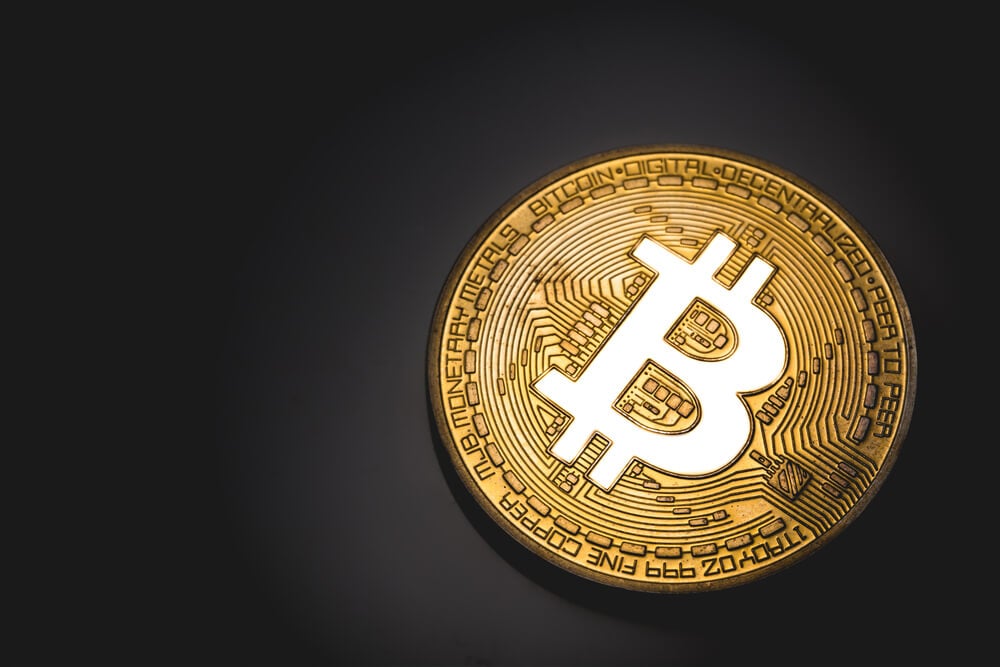Bittrex on SegWit2x: Bitcoin Will Remain as BTC, Market Will Decide

Bittrex, the third largest cryptocurrency exchange in the world by trading volume, has released an official statement regarding the SegWit2x hard fork scheduled to be executed on November 16.
Original Bitcoin Blockchain Will Continue as “BTC”
In the statement, Julian Yap of Bittrex emphasized that the original bitcoin blockchain will continue with the moniker “BTC” after the SegWit2x hard fork occurs later this month. Similar to other leading cryptocurrency trading platforms like Bitfinex, Bittrex intends to have the market decide which version of bitcoin will be known as the majority chain.
The statement read:
“In the event of a chain split, ‘BTC’ will remain the existing Bitcoin chain with 1 MB blocks until the industry and ecosystem demonstrates a clear chain preference for Bitcoin. Bittrex will take all reasonable steps to ensure that customer funds can be preserved on both chains. Bittrex will make all reasonable attempts to credit our users chain split tokens. We will not recover incorrectly made cross chain deposits under any circumstance due to the lack of replay protection.”
As many bitcoin experts, wallet operators, and exchanges including Jimmy Song and Trezor have noted in the past, SegWit2x lacks strong replay protection, which could endanger existing bitcoins of investors in the process of obtaining B2X after the fork. As such, users will be required to follow a strict set of instructions to safely withdraw and be credited with B2X.
Why Hash Rate Alone Cannot Decide the Majority Chain
Several exchanges and wallet platforms like Xapo have been criticized over the past month due to their approach in dealing with the SegWit2x hard fork. Xapo emphasized that it will grant a 24 to 48-hour window for both blockchains and decide the majority chain based on their accumulated difficulty, or hash power.
However, politically driven miners could easily switch their hash rate to the SegWit2x chain for a short period of time, or however long it takes, to ensure that SegWit2x evolves into the majority chain. For instance, upon the introduction of Bitcoin Cash in August, massive amounts of hash power moved from bitcoin to Bitcoin Cash during a period in which Bitcoin Cash was more profitable to mine than bitcoin.
As the difficulty level of Bitcoin Cash adjusted and the original bitcoin blockchain became more profitable to mine again, miners switched back to bitcoin. Several analysts have noted that approximately 40 percent of hashrate moved to Bitcoin Cash in the first few days, as miners tried to take advantage of the low difficulty level.
If a similar trend happens with SegWit2x and 50 percent of hash rate moves to the SegWit2x chain briefly, but most of the hash rate moves back to bitcoin once the legacy chain becomes more profitable to mine again, it will lead to a serious issue for exchanges because they cannot continue to switch the monikers “BTC,” “B2X,” and “BC1” around.
Conclusively, the most viable and logical approach to take is to take a long-term evaluation phase wherein many indicators are used to evaluate the majority chain, rather than having a 48-hour mining window which can be easily manipulated.
Featured image from Shutterstock.